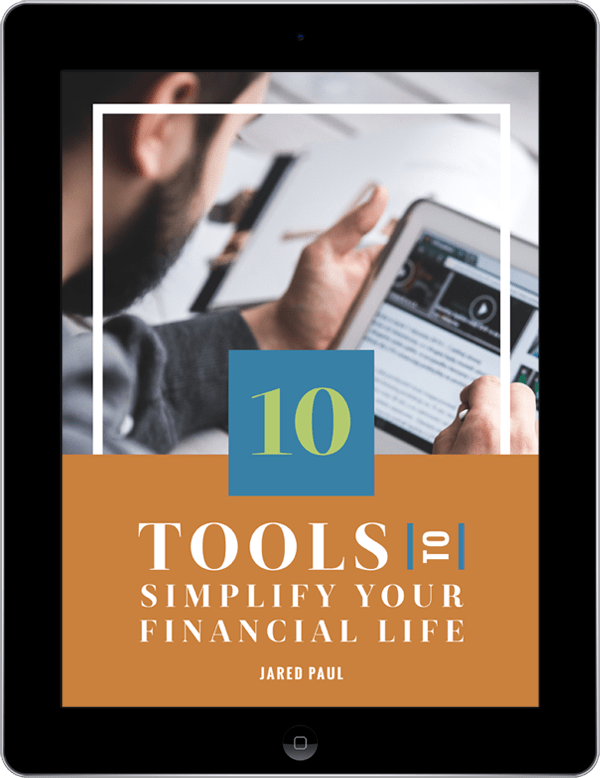One of the biggest hurdles in accomplishing any goal is the act of getting started.
There is a great Chinese proverb that states “A journey of a thousand miles begins with a single step.”
BJ Fogg is a behavior scientist at Stanford University and director of the Stanford Behavior Design Lab. He has been running experiments to figure out what gets people to act upon things, especially when it comes to making changes in their lives.
Maybe you’ve been meaning to go on a diet and lose weight. Or maybe you want to meditate more.
Whatever it is, they’ve been trying to dive in.
Through his research they’ve discovered something interesting – they’ve found that it helps to actually aim for less than what you believe you are capable of doing. This way, the bar you are trying to reach is more attainable, and you’ll be less likely to fail. This will cause you to have “wins” along the way, which gives you momentum.
THE SNOWBALL AFFECT
When I first read this, I thought of the “snowball” effect with paying off credit cards, which I’ve written about in a past post titled “4 Simple Steps To Help You Pay Down Debt Quicker.”
Basically, this is when you pay each card’s minimum payment to stay current, but then you attack the lowest balance card with additional payments. Once you pay that off, you focus on the next one, and then continue the process down the line. Each time you pay off a credit card it is a “win” that gives you a sense of pride and builds momentum – like a snowball rolling down a mountain.
The process can be used for all forms of debt.
GRANT CARDONE & THE 10X RULE
The other thought I immediately had was that Grant Cardone would immediately scoff at this idea.
If you don’t know Grant Cardone, he is an American entrepreneur, author, and real estate mogul. His book “The 10X Rule” is all about taking massive action to achieve any goal in life.
So, as you could imagine, a person with that type of mindset isn’t going to subscribe to the idea that you should lower your goals to make them easier to achieve. He’d prefer you take massive action and shoot for the moon!
BITING OFF MORE THAN YOU CAN CHEW
One of the issues people get into is being able to maintain whatever it is they are doing. We see this often with health goals and New Year’s resolutions.
It’s a running joke that every gym in America will be packed from the first week of January until the early part of February, maybe sooner.
Hordes of people declare that they are going to make changes in the new year and get in shape. So, they sign up for a gym membership and start going.
But, why do so many stop after such a short period of time?
Well, most people will try and go full H.A.M. by going to the gym for 2 hours a night, 5 nights each week. And this is coming right off the couch and into the gym.
They end up doing too much, too soon and burn themselves out and stop all together.
BJ Fogg’s research shows us that if they instead decided to go 2-3 times per week for an hour it would be much more manageable, and there would be a much higher rate of adherence.
OF TWO MINDSETS
I’ll admit, even after having read all of this research for both sides I’m torn between what I think is the best way. Clearly, it depends on the individual.
I’ve always been a person of action and execution, and the type of motivational push from a guy like Grant Cardone resonates with me.
But, when it comes to working with a financial planning client, I’d rather see them get something done (even if it’s small) than be paralyzed by staring up at a mountain of tasks, and ultimately doing nothing.
I know this is the case for most people because a lot of them tell me something along the lines of:
“I’ve been meaning to get my finances in order, but I’ve been a bit overwhelmed by the amount of stuff that needs to get done, so I’ve been putting it off.”
Unfortunately, people feel they can’t begin to save and invest unless they can do so on a large scale. They have trouble putting aside large sums, so they do nothing.
HOW TO USE “PROFIT-FIRST” TO GET STARTED
It can sound counterintuitive, but sometimes you just need to get started, even if you don’t have a set plan.
In Michael Michalowicz’ book, Profit First, he writes about how businesses need to make sure they are putting aside a portion of all revenue into a profit account, even brand-new businesses.
When many business owners read this they are initially perplexed. The idea that a business can just set aside profits might not make sense. After all, what about paying for all of your expenses?
But the point Michalowicz is making is that businesses need to keep their main focus on being profitable in order to stay in business.. By allocating a portion of all revenue to profits, even if it is just 1%, you will be forced to cut out unnecessary spending and keep your costs low.
The main point is to begin building good habits.
I had a similar idea in my article titled “How To Save More Money.” In a response to a friend’s inquiry about how to do this, I simply said that they should just begin allocating more money to savings.
Start small, at first, and build it up.
You don’t need to do a bunch of elaborate planning and calculations. Just get started!
Even if it’s just $100/month, start there and set it up to increase each month. $150 in month 2, and then $200 in month 3. Eventually, you will get to a point where you’ll feel your budget getting tight. So, you’ll know you’re getting to a number that is pushing your limits.
FOCUS ON EACH STEP
I think people should dream big and want to take massive action in order to change their lives, but I also believe the best thing for anyone is to just begin, and then adjust along the way.
I’ve been guilty of paralysis by analysis on many occasions, so I can empathize with people that struggle with this.
If you’re someone that doesn’t balk at the thought of taking massive action, then Cardone’s advice could be what you’ve been looking for. But if you have been putting off that single step in your 1,000-mile journey because the thought of the trek is just too daunting, then maybe set your sights on a smaller goal that allows you to get started. After all, every step you take means your one step closer to your goals.
Capably Yours,
Jared















